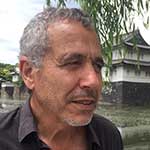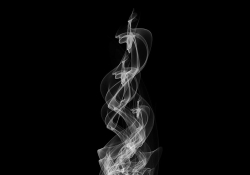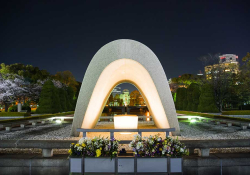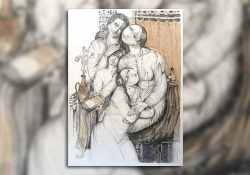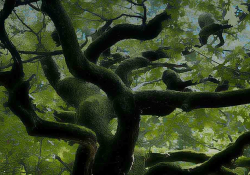A Bilingual Franco-Moroccan Poem
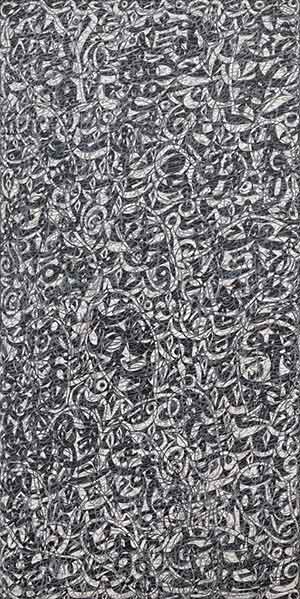
Les homeless
Les homeless ne vivent pas dans la rue
Ils attendent que le ciel se jette sur eux chaque soir
Un ciel chargé de tous les désarrois
Et de toutes les peurs
Les homeless vivent dans leur tête
Derrière une porte cochère
Par où entre le vent
Ils espèrent qu’elle se refermera
Mais elle ne se referme jamais
Les homeless n’ont trouvé que ce lieu
Où ils réinventent une grande maison
Avec un jardin
Des couloirs interminables
Et des pièces pleines de rires et de joies
Les homeless prient à New York
Comme à Tanger et au Caire
Ils prient à Londres et Paris
Comme à Sidney
Ils prient dans les sanctuaires invisibles
Qu’ils ont bâtis dans leur âme
Ils ne disent rien de ces temples
Qui sont leur seule vocation
Ils prient en silence
Ils n’ont nul besoin d’alerter Dieu
De ce qui se trame dans leur cœur
Ils marchent
Et personne ne sait qui ils sont
Les miroirs et tout le monde croient qu’ils sont étrangers
Les miroirs et tout le monde espèrent qu’ils ne reconnaîtront pas un jour en eux un frère
Les homeless paient pour nous chaque jour
Ils paient pour la main légère du hasard qui a joué et perdu
Ils sont les hommes que nous aurions pu être
Mais le hasard est inconstant et se laisse piéger par les vanités du monde
The Homeless
The homeless don’t live in the streets
Every day they wait for dusk to pounce
From a sky laden with helplessness
And fear
The homeless live in their head
Behind a portal
Pried open by the wind
Hoping it’ll close
But it remains ajar
The homeless found this one place
Where they re-create a big house
With a garden
Endless hallways
And rooms full of laughter and joy
The homeless pray in New York
As they do in Tangier and Cairo
They pray in London and Paris
As they do in Sidney
They pray in the invisible sanctuaries
They have built in their soul
They say nothing of these temples
That are their only vocation
Silently they pray
God already knows
The thoughts forming in their heart
They walk
And no one knows who they are
Mirrors and people take them for strangers
Hoping not to recognize a brother in them
The homeless pay for us every day
For the nonchalant, losing hand of fate
They are the men we could’ve been
But fate is fickle and captive to the world’s vanities
Translation from the French
Editorial note: Alice-Catherine Carls and Daniel Simon’s co-translation of Ammi’s “The Old Man” was reprinted in Le vieil homme (Éd. Al Manar, 2021), a beautiful illustrated edition that features the text of the poem in six different translations from the French, including Tamazight.
